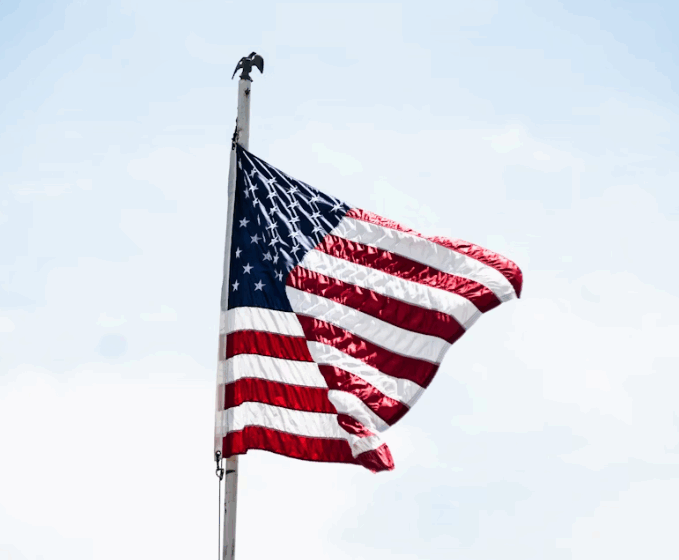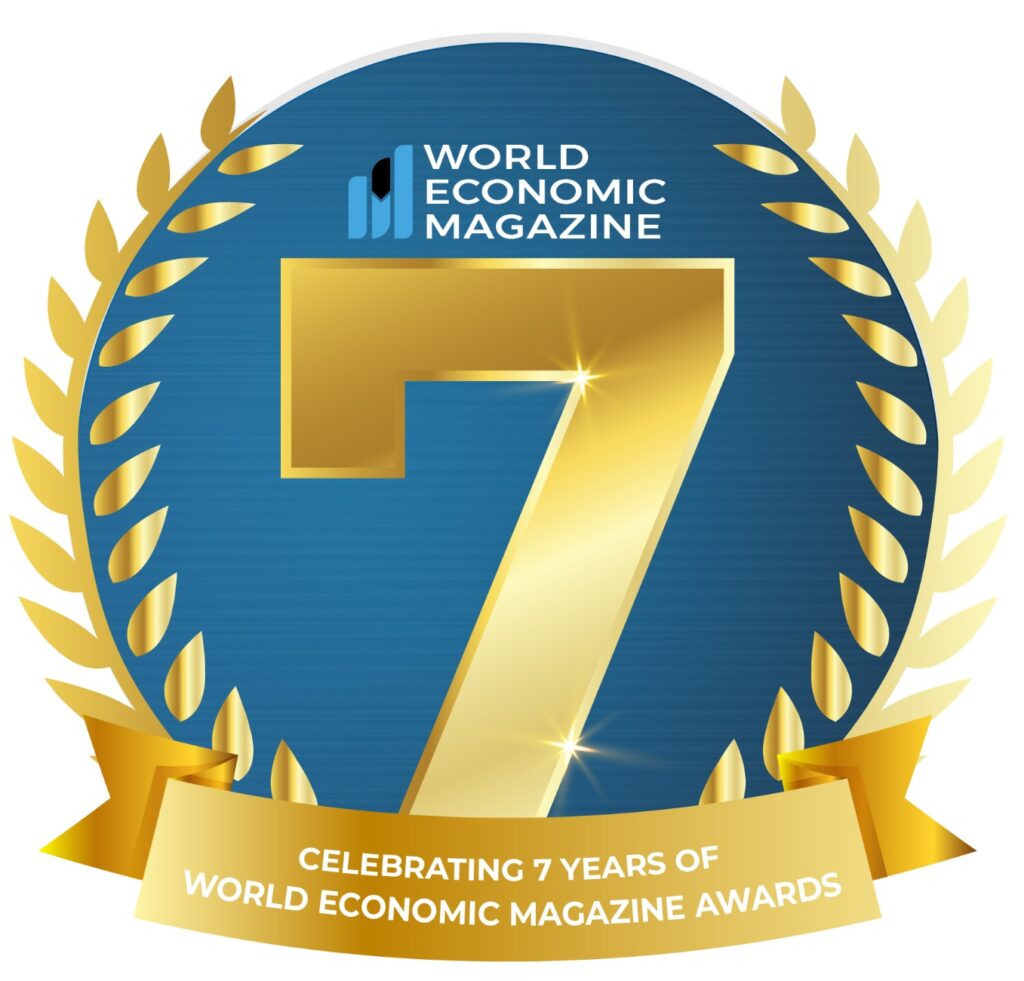

Forever 21 Eyes Revival in China and North America With Fresh Partnerships
Fast-fashion retailer Forever 21 is plotting a comeback in China and North America, betting on new local partnerships and revamped strategies to regain its footing in two of its most crucial markets.
Forever 21, once a staple in global malls for trendy yet affordable apparel, is making another push into China after three failed attempts since 2008. The brand, owned by Authentic Brands Group (ABG), has teamed up with Chinese brand operator Chengdi, which is partly backed by online discount retailer Vipshop Holdings. The new alliance was unveiled in Shanghai this week, where Forever 21 signaled its return with bright yellow campaigns, music festival activations, and ads plastered across subway trains.
Betting Big on a Fourth Attempt in China
The American retailer’s previous ventures in China ended quietly, most recently in late 2024 after a short-lived relaunch in 2022. Analysts have often pointed to missteps in localisation, overreliance on international branding, and fierce competition from homegrown fast-fashion players.
This time, Chengdi says the strategy is different. The company plans to localise operations, tailoring Forever 21’s collections and marketing to Gen Z consumers in China. Brick-and-mortar stores are expected to open in 2026, supported by online platforms that tap into China’s booming e-commerce culture.
“Forever 21 is not just returning with clothes—it’s returning with a new identity that resonates with young, fashion-conscious Chinese consumers,” a Chengdi spokesperson said at the relaunch event.
The North America Reset
While China is a major focus, ABG is also working on a relaunch strategy for North America, with announcements on new retail partners expected soon. The U.S. market has been particularly tough for Forever 21, which filed for bankruptcy twice in the last six years. Weak mall foot traffic, rising online competition from brands like Shein and Fashion Nova, and shifting consumer habits eroded its market share.
Still, ABG remains committed. A spokesperson said the group sees “long-term opportunity in repositioning Forever 21 for a digital-first audience while still preserving the brand’s mall heritage.”
CEO’s Candid Reflection
In a moment of candor last year, ABG CEO Jamie Salter called the purchase of Forever 21 “probably the biggest mistake” he had made. However, the company has since clarified that Salter continues to believe in the brand’s potential if managed with the right strategy.
Industry experts note that while Forever 21’s rocky history has made headlines, its brand recognition remains strong globally—especially among younger shoppers who still associate it with affordability and trendy styles.
Fast Fashion’s Shifting Landscape
Forever 21’s reboot comes at a time when the fast-fashion industry is undergoing massive transformation. Ultra-fast players like Shein and Temu dominate online channels, while established rivals such as Zara and H&M are pushing sustainability messaging to attract environmentally conscious consumers.
For Forever 21, the challenge lies in striking a balance: staying relevant to price-sensitive shoppers while also delivering on quality, trend cycles, and digital engagement.
Looking Ahead
With Chengdi steering its China operations and a new North American partner on the horizon, Forever 21 is gearing up for what could be its most crucial chapter yet. Whether this attempt will finally secure its place in the world’s second-largest fashion market—or end as another retreat—remains to be seen.
For now, the brand is betting that youth-driven energy, local partnerships, and bold visibility campaigns can breathe life into its iconic yellow branding once again.




